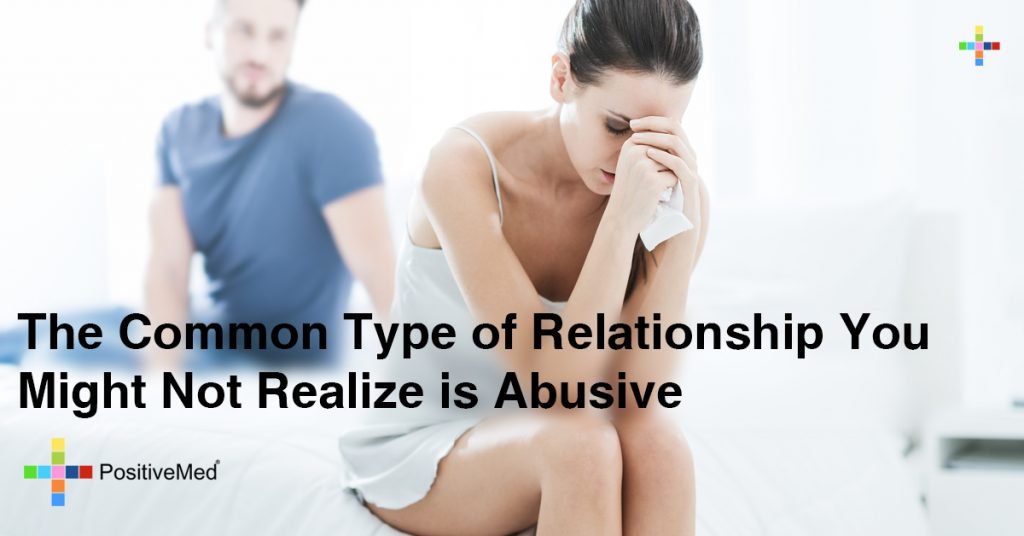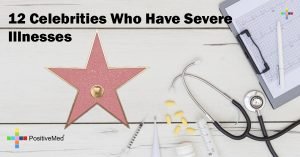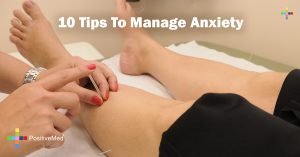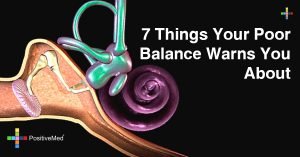Do you view abusive relationships as physical marks and overtly cruel verbalizations? If yes, then you may not realize this common type of relationship is abusive. The main objective of abuse is an imbalance of control and power. Abusers achieve this control and power in many ways beyond straightforward cruelty and harm. Let’s explore the control and power of coercive relationships.
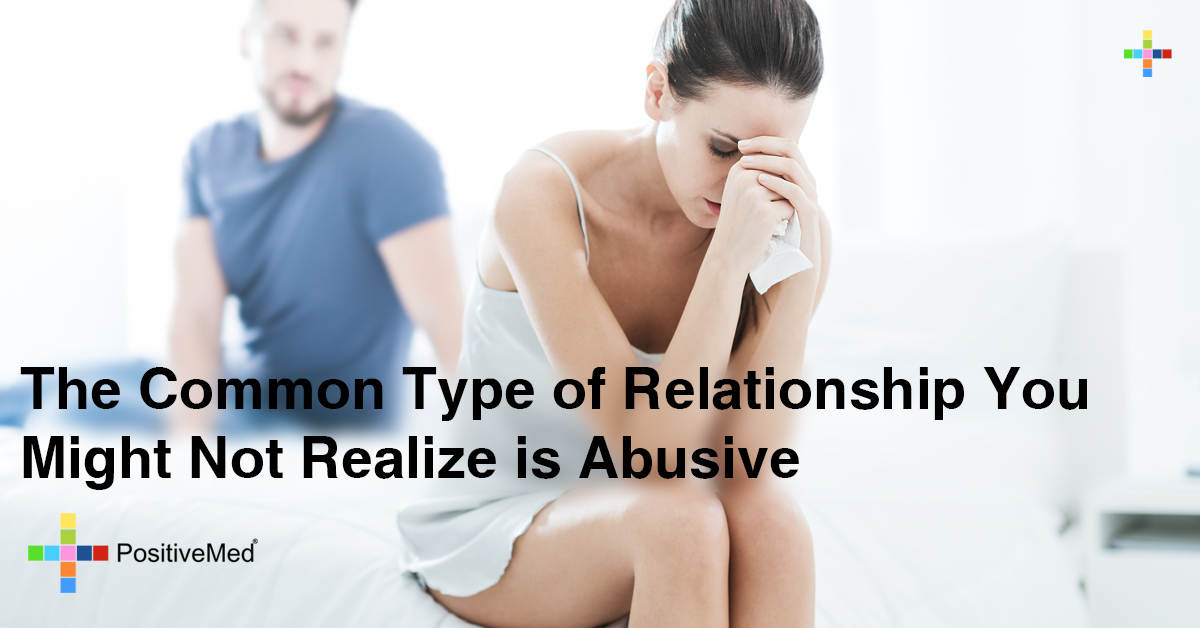
What Is A Coercive Relationship?
Coercive control is a term coined by professor and forensic social worker Dr. Evan Stark. It describes strategically ongoing and oppressive behaviors used to abuse in relationships. Its design is to instill fear and compliance in you.
Stark says 86 percent of reported domestic abuse cases involve coercive control. He also points out the vast majority of coercive relationship abuse is male on female.
Domestic violence expert Beth Hassett says women in coercive relationships rarely initially describe them as such. Why? Psychological relationship red flags are easier ignored when physical violence is absent. If you don’t realize you’re even in a coercive situation, it becomes all the more difficult to identify it as abuse.
Lisa Aronson Fontes, Ph.D. and author of “Invisible Chains: Overcoming Coercive Control in Your Intimate Relationship,” describes coercive control as a web. You become anxious and fearful as coercion tactics strip your rights and independence. Factors like disorientation, self-blame, and love delay you from connecting what you feel and experience with your partner’s coercive behaviors.
By the time the connection is made, your life isn’t even recognizable. You’ve often made financial, social, work, and other decisions leaving you dependent upon the abuser. The result of this web can ultimately leave you feeling powerless to escape the relationship. This is why early identification of coercion is so crucial to your health and well-being.
Early Identification That You May Be In A Coercive Relationship
Remember that coercion relationships occur in patterns, not isolated events. A partner being a little jealous or pushy doesn’t equate to coercion. Look at the following list of red flags against two factors. Look at the repetition of occurrence first. Second, you’ll look at how that red flag makes you feel and act contrary to what you actually want.
• Monitoring your actions, whereabouts, and interactions with others.
• Setting time limits, restrictions, and banning actions, people, places, and things.
• Questioning your everyday behaviors and choices.
• Restricting or limiting access to communication and mobility.
• Belittling, demeaning, and degrading your actions and personality.
• Demanding control over your personal decisions, such as hairstyle, dress, and diet.
• Demanding control over your professional decisions, such as workplace and paycheck.
• Demanding control over your social decisions, such as time with family and friends.
• Denying your right to privacy.
• Destroying your personal property.
• Assuming control over how things or done.
• Devaluing your needs, personality, and human rights.
• Using threats against our access to loved ones as leverage to force your compliance.
• Intimidation.
• Humiliation.
• Accusations.
• Manipulation.
• Gaslighting.
• Angering when any of the above are argued against or strayed from.
Coercive behaviors are often masked as initial acts of care and concern. You’ll eventually see them as abusive control. The problem is the gradual and subtle nature of a coercive type relationship. Without early recognition, you’re often left holding a series of decisions that’s backed you in a corner. Heed those red flags today so they don’t leave you feeling powerless tomorrow.
